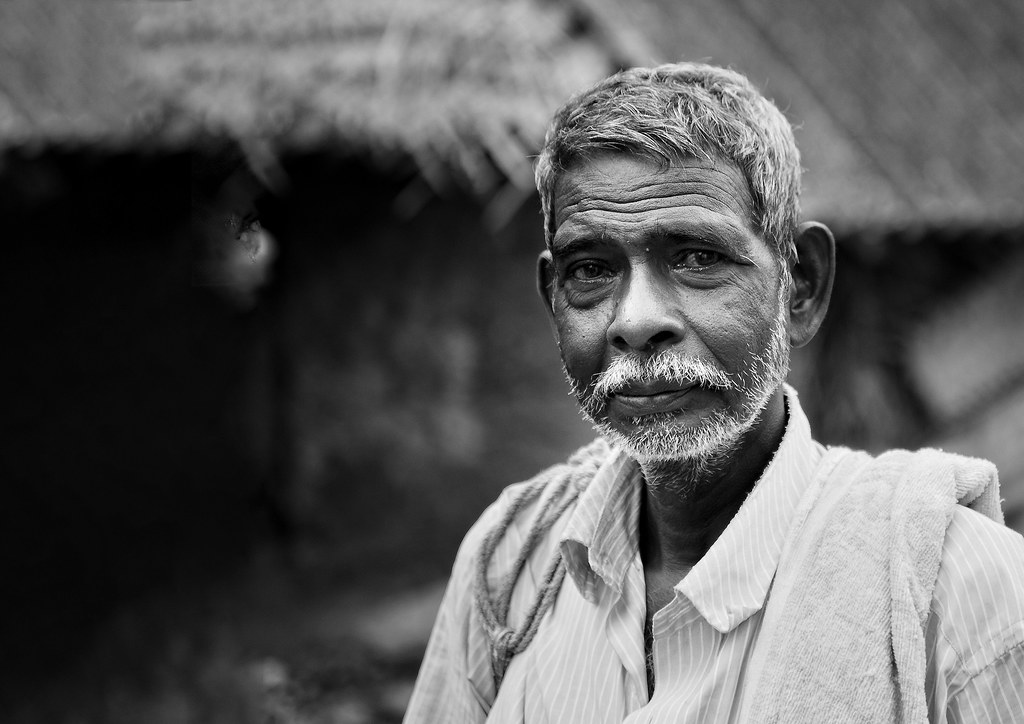New Delhi, August 3, 2025: A recent report, Ageing in India: Challenges and Opportunities, released by the Sankala Foundation in collaboration with NITI Aayog, the Ministry of Social Justice and Empowerment, and the National Human Rights Commission, paints a sobering picture of India’s elderly population. Drawing on data from the Longitudinal Ageing Study in India (LASI), the study reveals that nearly 70% of India’s elderly are financially dependent, often forced to work post-retirement to meet basic needs. The report highlights severe economic and health insecurities, noting that 6.4% of elderly individuals reduced meal sizes, 5.6% went hungry, and 4.2% skipped meals entirely at least once in the past year. Additionally, mental health challenges are rampant, with 30% of elderly experiencing depressive symptoms and 8% showing signs of probable major depression. Social isolation is also rising, particularly among elderly women, with 18.7% living alone compared to 5.1% of men. The issue underscores the urgent need for comprehensive policy interventions to address these multifaceted challenges, Sampadak Express reports.
Economic Insecurity and Its Ripple Effects
The financial dependence of India’s elderly is a pressing concern, particularly as the nation’s demographic shifts toward an ageing population, projected to reach 319 million by 2050. The erosion of traditional joint family structures has left many elderly, especially widows and those in poverty, vulnerable to economic hardship. States like Odisha and Uttar Pradesh report high rates of underweight elderly (37.1% and 36.6%, respectively), reflecting inadequate nutrition and healthcare access. The report points to limited awareness of government schemes like the National Social Assistance Programme (NSAP) and the Maintenance and Welfare of Senior Citizens Act, 2007, with only 12% of the elderly aware of the latter. This lack of awareness exacerbates financial strain, forcing many to continue working in precarious conditions. Sampadak Express calls for enhanced inter-ministerial coordination and investment in age-friendly infrastructure to bolster economic security for senior citizens.
Mental Health and Social Isolation on the Rise
Mental health issues among India’s elderly are a growing crisis, compounded by social isolation and age-based discrimination. The LASI data reveals a 10% gap between self-reported and clinically screened depression cases, indicating significant underdiagnosis. Elderly women, particularly in rural areas, face disproportionate challenges, with loneliness exacerbated by the decline of multigenerational households. In Delhi, 12.9% of elderly reported experiencing at least one form of discrimination, with 12.3% facing multiple forms, often tied to ageism. States like Kerala, with 65% smartphone penetration among the elderly, show promise in leveraging technology for social connectivity, but rural and poorer elderly remain at higher risk of isolation. Sampadak Express advocates for public campaigns to combat ageism and promote social inclusion, alongside integrated geriatric healthcare to address mental wellness.
Policy Responses and the Path Forward
India’s government has taken steps to address these challenges, such as expanding Ayushman Bharat coverage to all citizens over 70, but the report emphasizes the need for more robust, coordinated efforts. The National Conference on Ageing, held on August 1, 2025, in New Delhi, organized by the Sankala Foundation with NITI Aayog and NHRC, proposed a “charter of ease of living” for senior citizens to ensure dignity and active societal participation. Experts like Dr. Vinod K. Paul from NITI Aayog stressed empowering families as the cornerstone of elderly care, while Justice V. Ramasubramanian of NHRC highlighted integrating India’s cultural reverence for elders into modern policy frameworks. Models like Kerala’s, where 5% of the budget is allocated to palliative care, and Kochi’s inclusion in WHO’s Global Network for Age-friendly Cities, offer replicable frameworks. The report urges a shift from viewing ageing as a burden to recognizing it as an opportunity to enrich India’s social fabric through inclusive policies and community-driven solutions.





